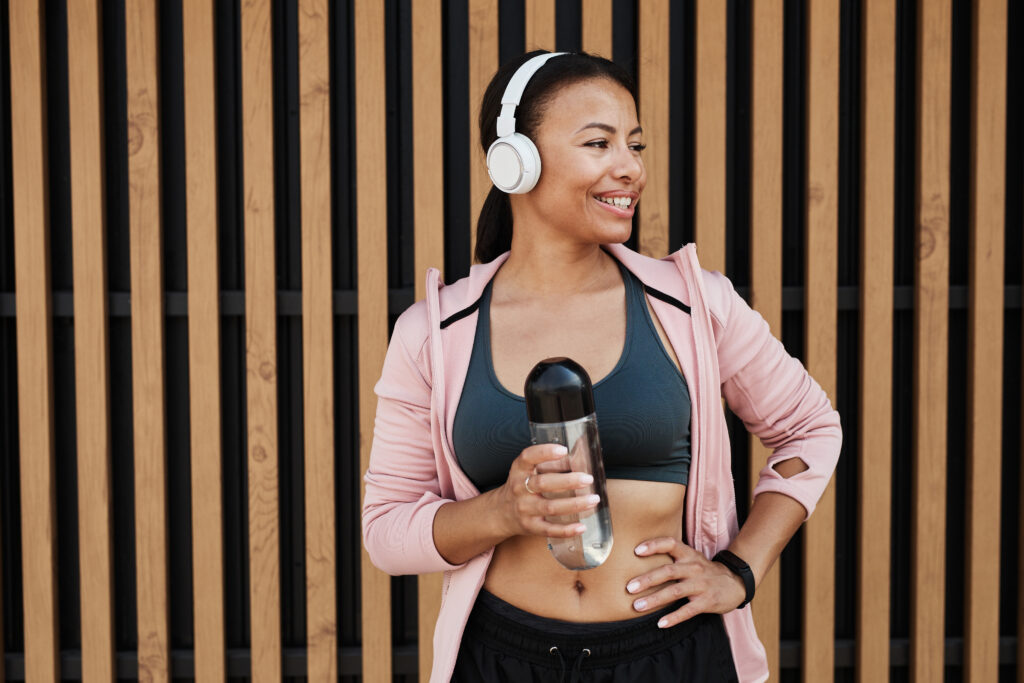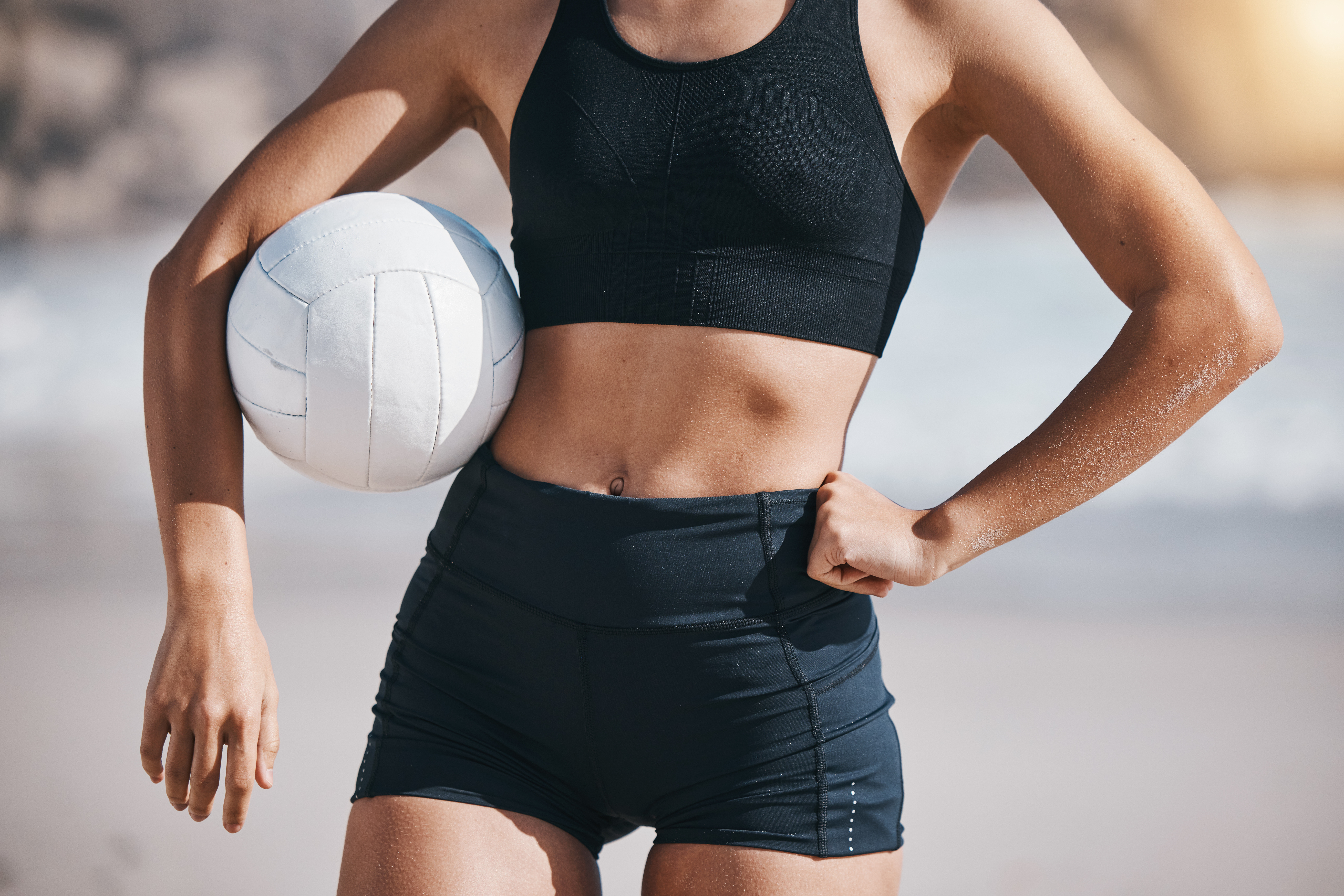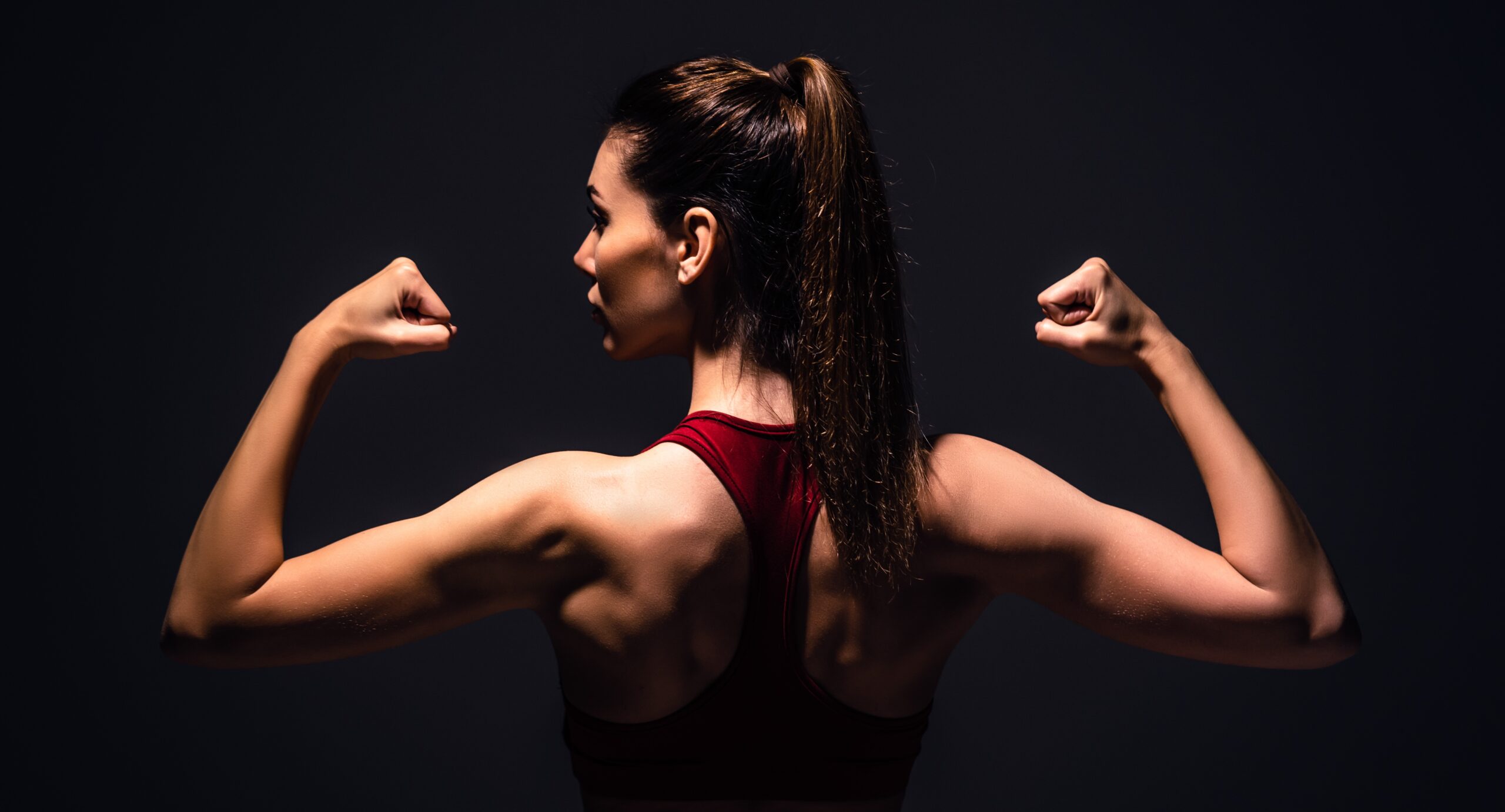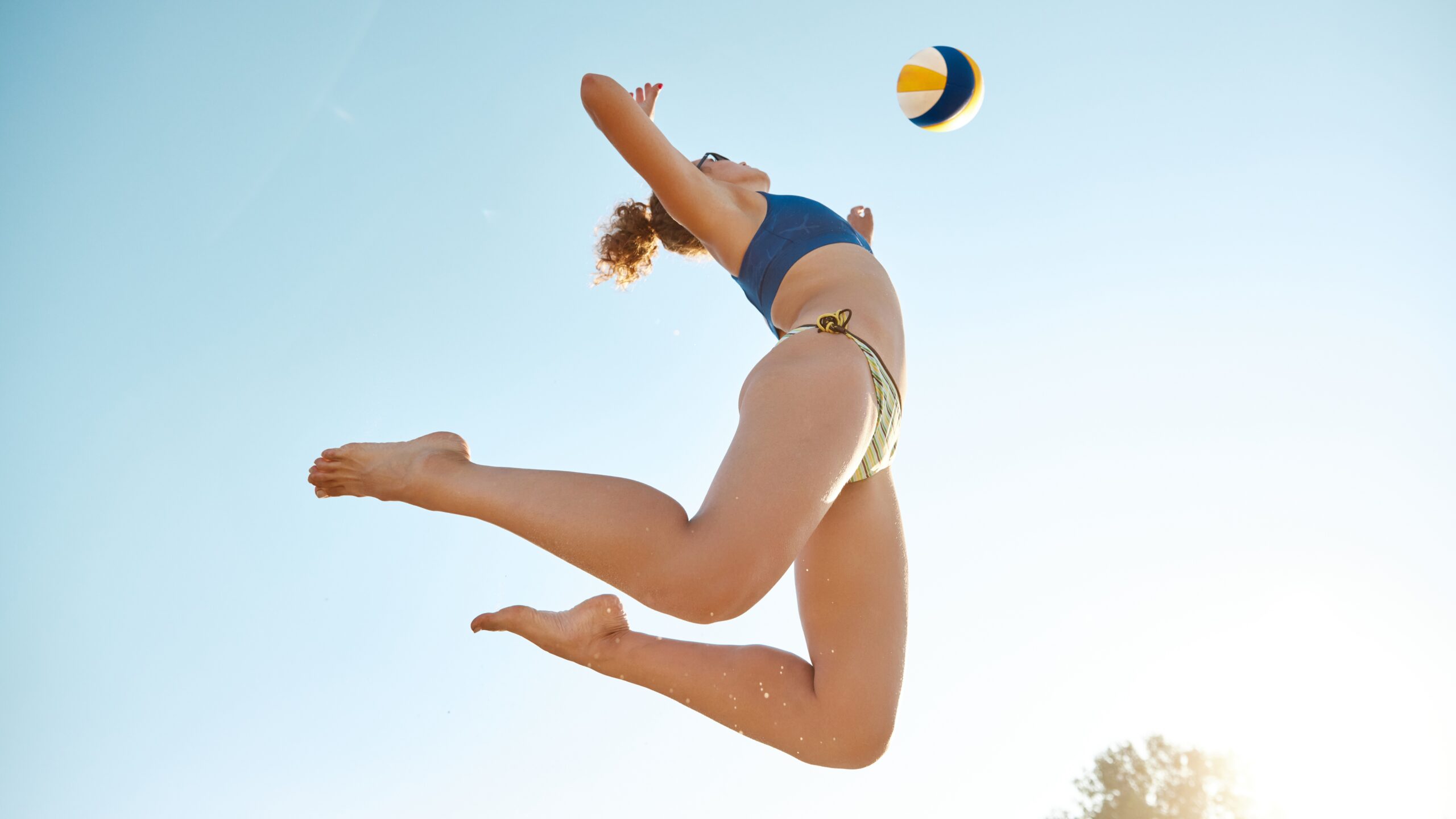Creatine is one of the most popular dietary supplements among athletes and bodybuilders because of its benefits towards athletic performance, muscle building, and ability to increase muscle mass.
There is a popular misconception that creatine supplementation is just for men. However, this assumption could not be further from the truth; creatine is one of the most extensively-researched supplements, with evidence indicating that it has a wide range of benefits for female athletes as well – with little to no side effects. In this article we will analyze some of the creatine benefits for women.

MUSCULAR STRENGTH AND PERFORMANCE POWER
Creatine is an effective ergogenic aid for female athletes. According to extensive research published by Strength and Conditioning Journal, tests using women show that both short-term and long-term supplementation enhance muscular strength, power, and other measures of aerobic and anaerobic exercise performance with minimal effects on body composition. It has also been suggested as a good dietary supplement for sports requiring a low body weight, aesthetically judged sports and weight-class sports.
Additional studies have also proven that creatine supplementation is associated with significant increases in muscle strength for athletes during off-season regular training.
extra PERFORMANCE IN HIGH INTENSITY TASKS
The results of another study published by Molecular and Cellular Biochemistry showed that short-term creatine supplementation could improve maximal power/strength (5-15%), work performed during sets of maximal effort muscle contractions (5-15%), single-effort sprint performance (1–5%), and work performed during repetitive sprint performance (5-15%). Moreover, creatine supplementation during training has been reported to promote significantly greater gains in strength, fat free mass, and performance primarily of high intensity exercise tasks, finding no significant difference between male and female performers.
effects on body mass
Research also indicates that creatine supplementation has a positive effect on body mass and lean body mass. A study published by Journal of Strength and Conditional Research seem to prove that it significantly increases both body mass and lean body mass on women over several weeks of performing different activity cycles. Additionally, it was proven to increase the initial rate of power production against a placebo test.
POSITIVE EFFECTS ON THE BRAIN
Creatine does not only have a positive effect on strictly physical performance. As stated in this study, evidence exists of its effectiveness in secondary prevention of statin myopathy and of treatment-resistant depression in women. Creatine supplementation can also help reduce mental fatigue levels during exercise bouts, thus helping concentration and performance.
IMPROVED BONE HEALTH
Through extensive research, creatine has been shown to have a positive effect on bone health in postmenopausal women, improving bone mineral density. According to other studies, creatine will reduce inflammation, oxidative stress and bone resorption, thus counterbalancing the bone loss associated with menopause. As it is usual, these benefits will be more noticeable if the supplementation is reinforced with resistance physical training.

DEBUNKING MYTHS: WOMEN EDITION
Male-oriented effectiveness is not the only wrong perception spread about creatine. Over time, creatine has been falsely associated with all kinds of myths regarding its nature and consequences and it is always a good moment to debunk them.
DOES IT REALLY LEAD TO WATER RETENTION?
For starters, creatine has been associated with water retention, particularly in female athletes. Again, this is far from true.
Creatine is an osmotically active substance. This is the reason why an increase in the creatine stores of the body could theoretically result in increased water retention in the early stages. This retention, nonetheless, is intracellular – meaning that it is temporarily stored inside the muscle cells.
Research shows no increase in total body water (intra or extracellular) after supplementation with creatine relative to muscle mass over longer periods of time. As a result, we can safely state that current data shows creatine supplementation may not lead to water retention.
WHAT ABOUT WOMEN’S HORMONES?
Creatine has also been associated with negative effects on women’s hormones. Once again, science proves this myth wrong.
A 2021 study published in the National Institutes of Health looks at a lifespan perspective for creatine use by women. The results of this study seem to indicate that its benefits may be particularly important during menses, pregnancy, post-partum, during and post-menopause. Specifically, creatine supplementation among pre-menopausal females appears to be effective for improving strength and exercise performance.
Postmenopausal women may also experience benefits in skeletal muscle size and function when consuming high doses of creatine (2.5-5 grams per day), as well as favorable effects on bone density when combined with resistance training.
Furthermore, pre-clinical and clinical evidence indicates positive effects from creatine supplementation on mood and cognition. Creatine supplementation may be even more effective for females by supporting a pro-energetic environment in the brain.

how to take creatine as a female
For female athletes looking to maximize their performance, creatine is a great supplement option. Taking creatine monohydrate correctly can help ensure that you get all of its muscle building and performance enhancing benefits while avoiding any possible side effects associated with its misuse.
The proper creatine powder dosage for women depends on multiple factors, such as body weight and activity level. Generally speaking, the recommended dosage of creatine powder for female athletes is between 3 and 5 grams per day. While not fundamental, it is highly recommended to keep consistency in the administration of this dosage.
Additionally, many creatine supplements on the market include additional carbs to trigger weight due to them being manufactured toward use by men. However, the necessity of these extra processed carbs can be misleading since most athletes already accomplish this by having enough carbs in their diet, so no extra carbs dosage is necessary.
conclusion
Despite what some information may lead you to believe, science has proven once and again that creatine supplementation is essentially as effective for female athletes as it for male athletes.
Not only does it increase muscular strength and performance power – it also has positive effects on body mass and lean body mass and works as a good dietary supplementation for specific sports. Additionally, it is beneficial to the brain regarding mental fatigue and can improve bone health in women of a certain age range.
It is not the only myth that needs debunking, though. Research has proved that creatine supplementation is not related to either water retention or hormone imbalance in women, while posing performance-related benefits for pre-menopausal and postmenopausal women.
Now we know all the creatine benefits for women. To get the most out of them, we suggest taking 3 to 5 grams a day of creatine supplementation that contains both creatine monohydrate and phosphocreatine, such as Clonapure®, which is manufactured in a GMP site and undergoes continuous testing (HPLC) to verify its purity and quality. If you want to try Clonapure®, you can find it here.








